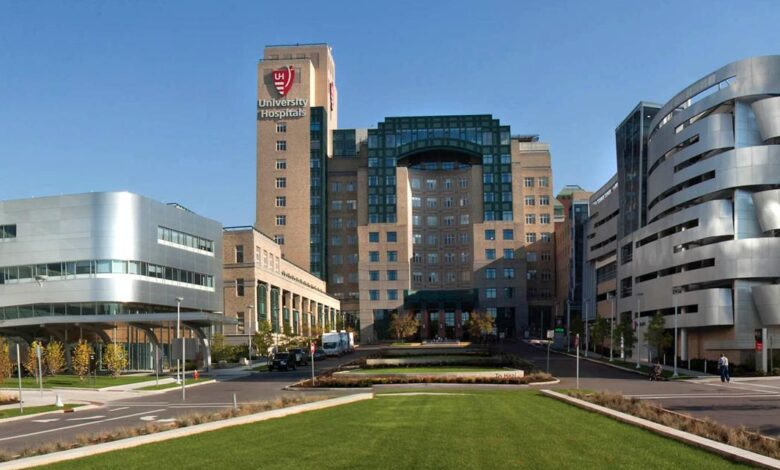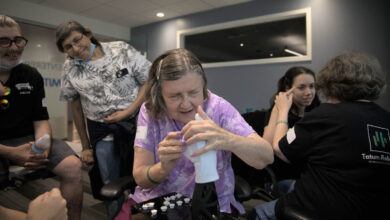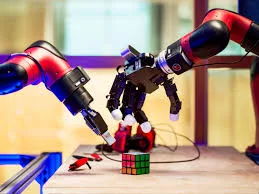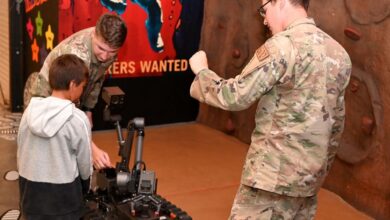UH offering robotic-assisted heart bypass surgery

Two UH Harrington Heart & Vascular Institute providers are currently the only surgeons in Ohio using the da Vinci surgical robot to perform this type of surgery.
CLEVELAND — When one thinks of heart bypass surgery — a long chest scar, months of recovery, pain and often fear come to mind.
Since December, about 55 patients have received a new, robotic approach to heart bypass surgery at University Hospitals (UH).
Dr. Kelsey Gray and Dr. Pablo Ruda Vega, are currently the only surgeons in Ohio performing this specific type of procedure using the da Vinci surgical robot. This robot assists surgeons in performing coronary artery bypass grafting (CABG) through a minimally invasive approach which leaves patients with less pain and a shorter recovery after surgery.
“Instead of open heart surgery and the big chest incision, we go through three small incisions. You get two incisions that are about a centimeter and then one incision that’s about 4 to 5cm, and they’re all in between the ribs. And so after surgery, this allows you to start feeling better sooner. Like any kind of recovery after a normal surgery, you can go back to doing your regular activities, you can drive right away. You can go back to work when you feel ready. You have no lifting restrictions, and it’s allowing people to return to their normal level of kind of function in their daily lives a lot sooner. They also are getting out of the hospital sooner because they have less pain after the surgery,” said Dr. Gray, cardiac surgeon with UH Harrington Heart & Vascular Institute.
A CABG is a surgical procedure that improves blood flow to the heart by diverting blood around blocked or narrowed coronary arteries that can lead to a heart attack if not addressed. A traditional CABG involves a sternotomy, known as “open heart surgery” – cutting the breastbone to access the heart – and placing the patient on a heart-lung machine to stop the heart from beating and circulate the blood.
A minimally invasive direct coronary artery bypass (MIDCAB), originally developed in the mid-1990s, accomplishes the same goal without the sternotomy and heart-lung machine. It is performed on a fully beating heart through a small incision in the left chest.
Robotic MIDCABs using the da Vinci robot are less invasive than a standard MIDCAB. This procedure requires only a few small incisions that doctors use to insert robotic arms and a camera for viewing. Surgeons manipulate the robotic arms to perform surgery while viewing magnified images from the camera on a console screen.
While beneficial, this type of surgery is uncommon because it is technically challenging and requires the surgeon to be skilled with coronary artery bypass grafting off the heart-lung machine and also have mastery of the robot. Dr. Gray has a significant amount of experience with robotic surgery and Dr. Ruda Vega is an expert in “off-pump” surgery.
Drs. Gray and Ruda Vega perform robotic MIDCABs at UH Cleveland Medical Center and the Louis Stokes Cleveland VA Medical Center with plans to expand to regional UH medical centers in the coming months. They see patients in a specialized Robotic and Minimally Invasive Heart Surgery Clinic at UH Ahuja Medical Center (Beachwood) and UH Minoff Health Center (Orange Village).
For more information, interested patients can call 216-844-4004.



